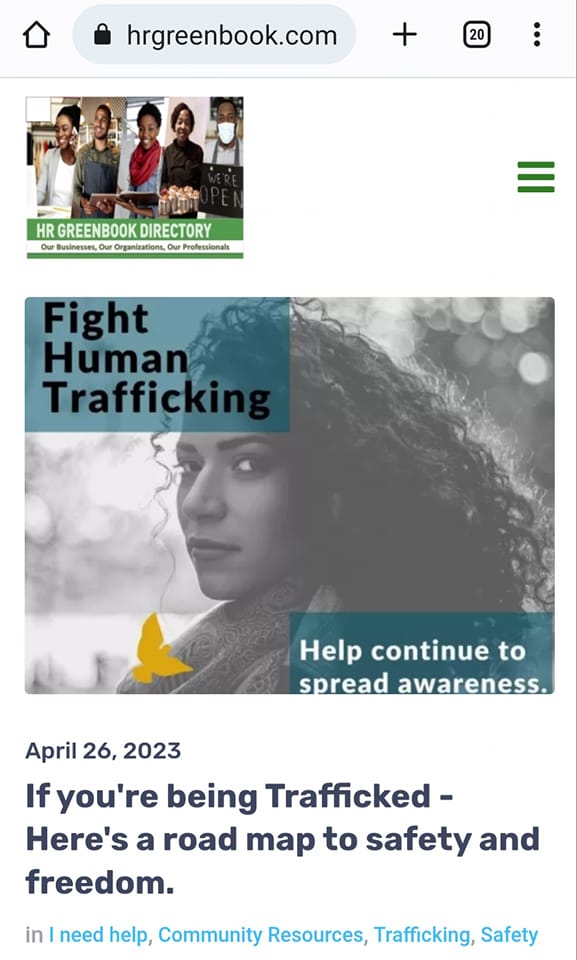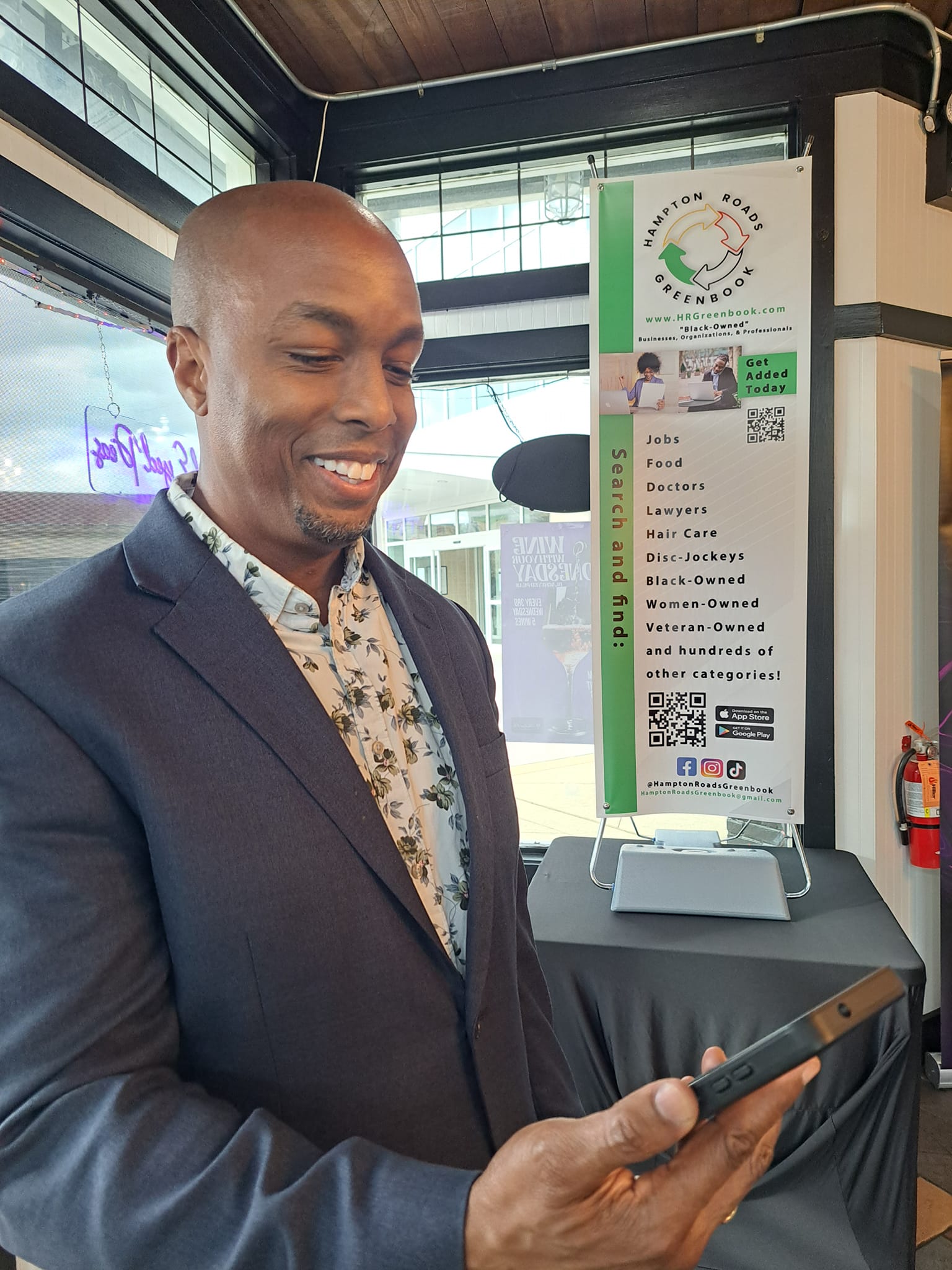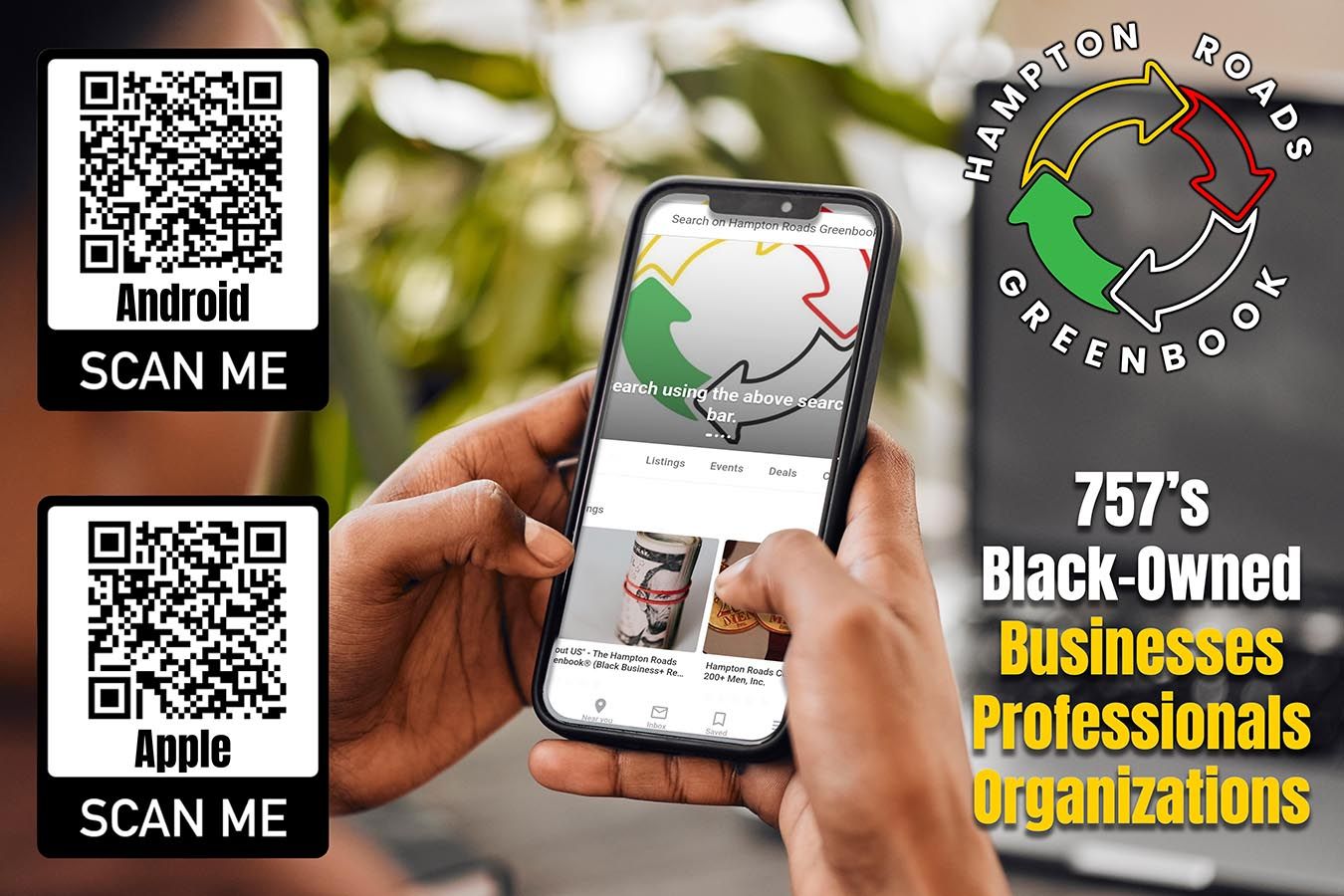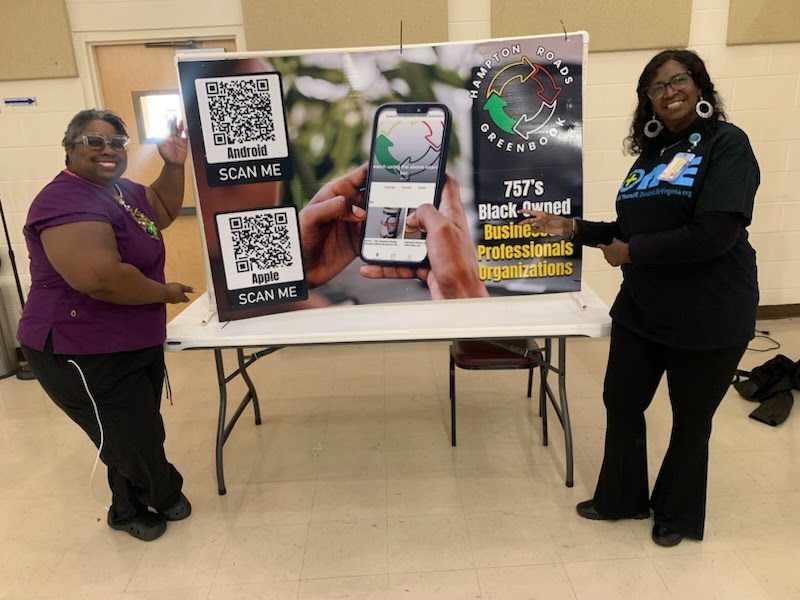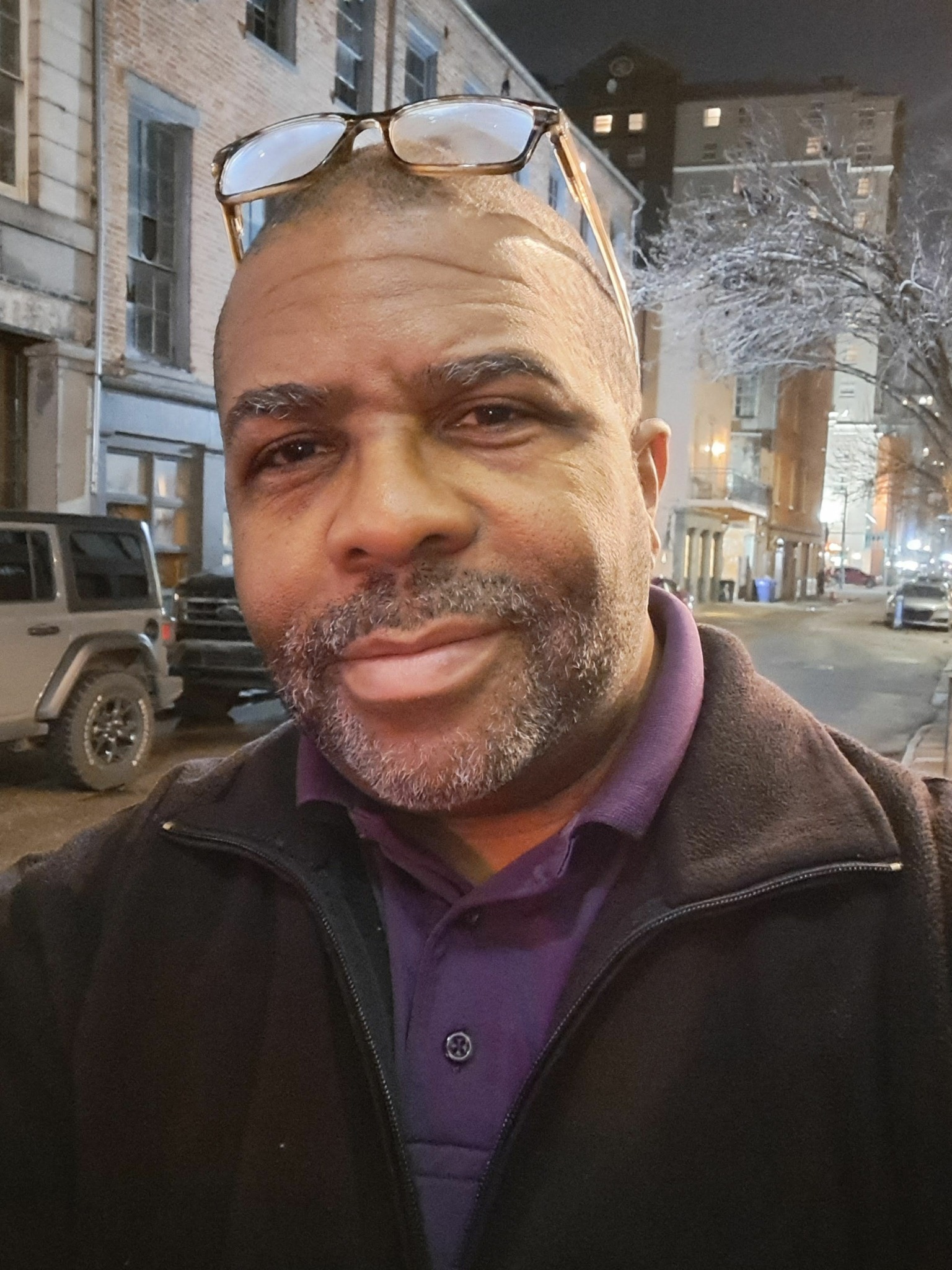We caught up with the brilliant and insightful Seko Varner a few weeks ago and have shared our conversation below.
Seko, thanks for taking the time to share your stories with us today How did you come up with the idea for your business?
I’m the developer and founder of the Hampton Roads Greenbook, a platform accessible via website and cell phone apps, that serves as a resource directory spotlighting Hampton Roads’ Black-owned or Black-led enterprises while allowing all enterprises to participate. We’re addressing the problem of Resource Circulation. Communities that efficiently recycle their financial, educational, and social resources have lower crime rates, poverty levels, and rates of preventable diseases, and enjoy higher economic and educational attainment. In America, the Black Communities’ resources circulate once, Latino and immigrant communities’ resources circulate six times, the Asian community enjoys a nine-time circulation, and America’s White communities’ resources circulate so effectively that it cannot be tracked. This lack of resource circulation in America’s Black community began in the late 1950s and reached challenging levels in the early 1980s.
I grew up in Brooklyn, New York, in the late 1960s. Whenever my family went on a trip outside of New York, my father would begin the trip by praying over two books that he said would keep us safe. These books were the Holy Bible and the Negro Motorist Green Book. The Negro Motorist Green Book, published by Hugo and Alma Green, was a directory that listed the businesses that were safe and welcoming to Negros throughout America, and also included select areas in Canada, Mexoco, and the Bahamas. By using the Green Book, Black families might avoid the danger that was likely to be faced if one ended up in America’s “sundown towns” or other areas that permitted racially based violence and discrimination.
I’m taking an old idea and re-framing it in new technology. I live in the Hampton Roads, Virginia area, and in the 1990s, this area had two competing publications named The Black Pages USA and the Hampton Roads Black Pages. I advertised in both publications at times and complained to both publishers that there had to be a way to include all of the Black-owned entities in Hampton Roads in their publications. Neither was able to come up with a way to meet my interest.
The idea for the Hampton Roads Greenbook® was born out of both personal frustration and profound community observation. As someone actively involved in community work, business development, and event organizing, I was constantly seeking local Black-owned businesses and professionals to collaborate with or refer to others. I realized that if I, someone already deeply embedded in these networks, was struggling to find this information, then the average community member or consumer likely had no chance. That disconnect sparked an emotional response—a mix of disappointment and motivation to build something better.
What clicked was the realization that the issue wasn’t just about visibility, it was about resource circulation—keeping money, support, and attention within the Black community and other underrepresented groups. I envisioned a platform that didn’t just list businesses but built an entire ecosystem around them, highlighting their events, amplifying their voice through newsletters, and bringing people together in person through monthly networking meetups. I also wanted it to be accessible to all, which is why the freemium model became so important. Offering free listings ensured equity, while giving businesses the option to upgrade with premium features allowed the platform to remain sustainable. It wasn’t just about building a directory—it was about building infrastructure for economic empowerment.
What made me sure this would work was the overwhelming community response even before we officially launched. We added 1,250 businesses ourselves just to start with substance, and the feedback confirmed that people had been looking for precisely this. Competitors either charged too much, focused on narrow demographics, or lacked depth. The Hampton Roads Greenbook filled a real gap with a model that prioritized mission over monetization. What excited me most was knowing that this wasn’t just a business—it was a movement, a tool, and a symbol of what community-powered solutions can look like when built with both heart and strategy.
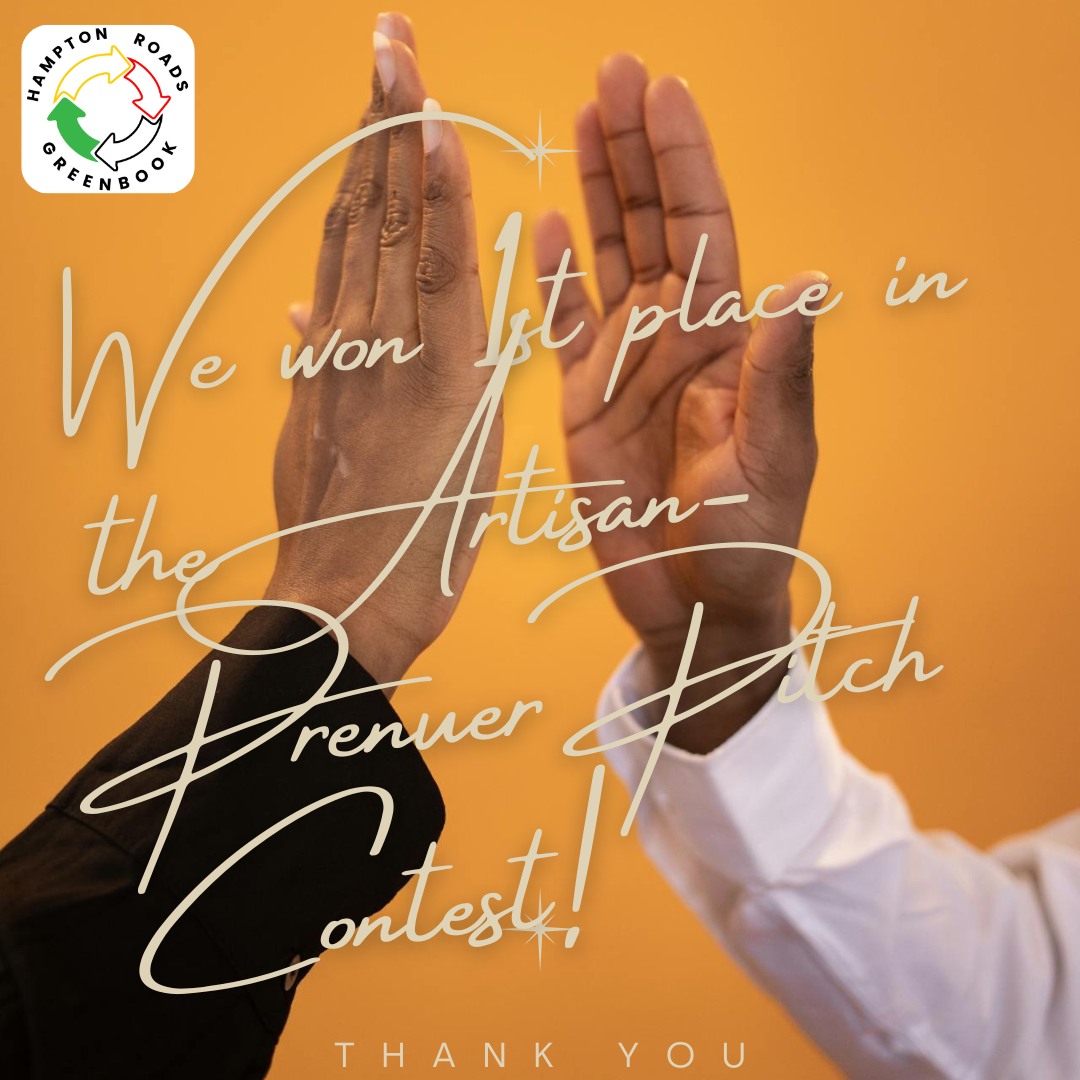
As always, we appreciate you sharing your insights and we’ve got a few more questions for you, but before we get to all of that can you take a minute to introduce yourself and give our readers some of your back background and context?
Brooklyn New York born, Ohio Raised, and with a heart for Virginia since 1995, Seko Varner describes himself as an Edu-Tainer, which blends the terms Educator and Entertainer. Seko’s bachelor’s degree is from Hampton University; he completed coursework at Old Dominion University, earned a Master’s degree from Regent University, and an Endorsement in Educational Leadership from George Washington University. While best known in Virginia as a Disc-Jockey, being involved in male mentorship programs, involvement in the 200+ Men, being involed in the activities of the Omega Psi Phi fraternity, being active in the Hampton Roads Black Caucus, and later developing a non-partisan political empowerment collective, running for a school board seat, and a as a community activist; he has a background in insurance, real estate, and his consulting and entertainment firm, Positive Vibes Inc., provides private funds for real estate investors and business owners.
As an employee, Seko has worked as a school counselor/liaison and later as a special education teacher
in Portsmouth, Virginia. In Virginia Beach City Public Schools, Seko has worked as a Special Education
Auditor and a special Educator Teacher’s Assistant. As a college and career counselor with the ACCESS
The College Foundation, Seko, provided support and guidance to families in Norfolk’s historic Booker T.
Washington High School and Virginia Beach’s Green Run High School. Seko also worked for Tidewater.
Community College as the One-Stop Operator contractor for the Hampton Roads Workforce Council,
and reopened the Parent Resource Center for Norfolk Public Schools. Seko has a business background as
a construction project manager, an assistant program director for a Norfolk State technology-mentoring program
grant, and has a decade of experience in Intensive In-Home counseling. Seko jokingly says that he has
put his condition of ADHD to good use. Seko’s newest venture is the Hampton Roads Greenbook, a platform accessible via website and cell phone apps that serves as a resource directory spotlighting Hampton Roads’ Black-owned or Black-led enterprises while allowing all enterprises to participate.
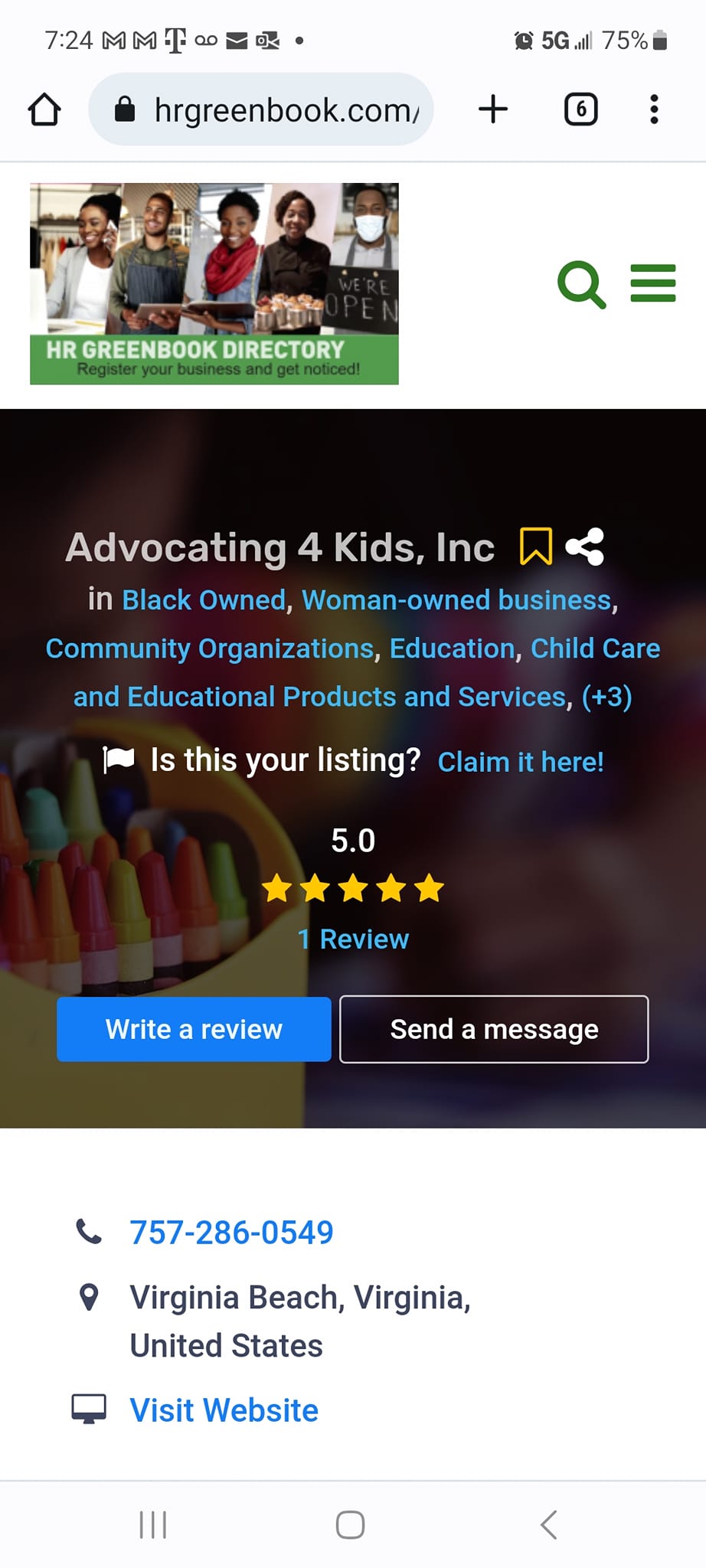
Can you tell us about a time you’ve had to pivot?
The pandemic caused my most recent pivot. In many ways, I’m still involved in the pivot. Most of my early business life was focused on my entertainment company until 2017. I developed a solo DJ business in 1990 and ramped up to 15 DJs at a time, but we ultimately settled on about seven impressive DJs. However, I was becoming increasingly disturbed by having to give up my weekends to perform for others, and I was developing a deeper interest in serving my community. In 2018, I began exploring alternative ways to supplement my employee salary and scratch my entrepreneurial itch. The shutdown in 2020 provided me with the opportunity to become more involved in the Hampton Roads entrepreneur community and start a consulting firm, which led to involvement in real estate and the development of the Hampton Roads Greenbook.
This pivot from a sole focus on entertainment to being involved in other entrepreneurial pursuits has given me a greater and more nuanced sense of purpose, new frustrations, new insights, new ideas, and a new market to address. While I’m still involved in the entertainment industry, I’ve found new ways to be creative. My consulting firm helps business owners establish business credit and secure funding, while also guiding them in implementing best business practices. I recently launched a documentary film series titled “Generational Flip”, which offers insight into developing wealth and maintaining healthy mental health. The series is available on YouTube and also on www.GenerationalFlip.com,
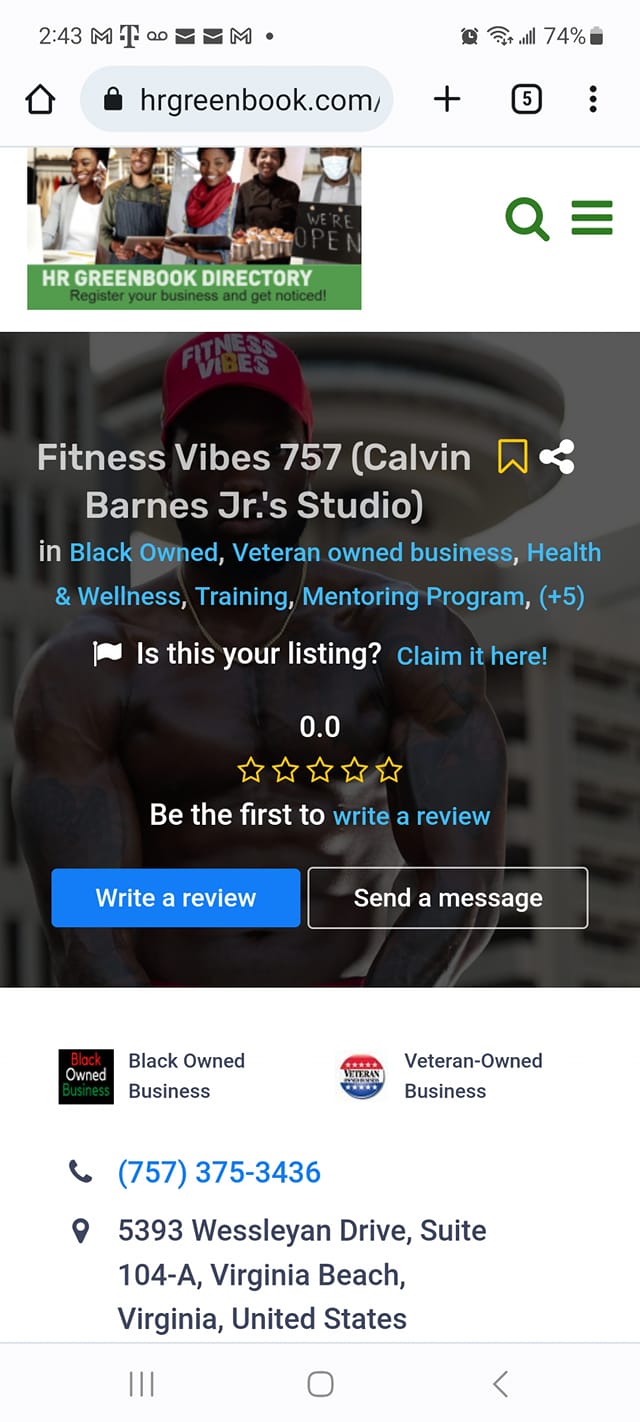
Can you talk to us about how you funded your business?
Funding is always a fun challenge. My firm helps business owners obtain funds, primarily for those interested in real estate investing, as well as for businesses that can benefit from non-traditional forms of funding. We’ve bootstrapped the majority of our pursuits while utilizing business credit for equipment and vehicles. If one has a profitable business, securing funding becomes significantly easier. We began our funding journey with the business credit cards that banks send to entities after opening and securing legal status. These cards have high interest rates. One can flex their way to better terms with timely payments and keeping the amount owed as low as possible.
Contact Info:
- Website: https://www.HRGreenbook.com
- Instagram: https://www.instagram.com/hamptonroadsgreenbook
- Facebook: https://www.facebook.com/HRGreenBook/
- Twitter: https://x.com/HRGreenbook
